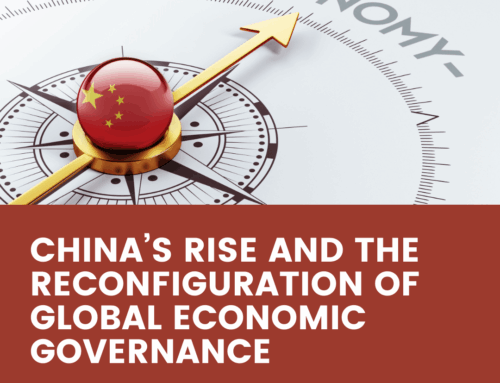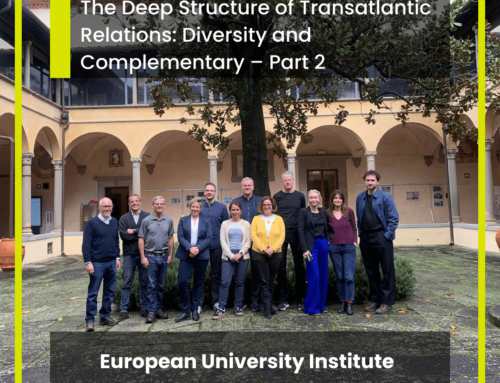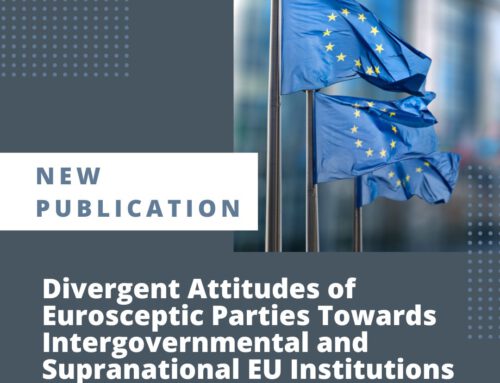Project:
The international economic system that was established at the 1944 Bretton Woods conference became one of the historically most durable arrangements devoted to economic openness. This research project examines the legacies of the conference for structures of economic governance, the innovations that emerged to adapt the system to new political and economic circumstances, and what consequences these legacies and innovations have had for global economic governance. It reveals how and why the Bretton Woods system with time developed into a more variegated system of governance through changes in four dimensions of governance: membership, legalization, focality, and embeddedness. Over time the system has been characterized by expanding membership in the IMF, World Bank, and GATT/WTO, the emergence of new formal and informal institutions, a more fragmented institutional landscape in which the status of legacy organizations has been challenged, as well as shifts in the underlying principles of economic governance. But many features of Bretton Woods have also been characterized by continuity and have exhibited a great deal of adaptability and resilience. The issue features contributions that explore mixtures of change and continuity across the monetary, financial, development, and trade domains. Employing a variety of institutional analyses that span the international political economy (IPE) and international organization (IO) subfields, contributors identify lessons from past crises in and reforms to the Bretton Woods system that have implications for how to understand the latest challenges to global economic cooperation, including shifting balances of power, new economic ideas, and rising populism.

Publications:
Heldt, E. and Schmidtke, H. (2019): “Explaining coherence in international regime complexes: How the World Bank shapes the field of multilateral development finance”, Review of International Political Economy. DOI: 10.1080/09692290.2019.1631205.
Fioretos, O. and Heldt, E. (2019): “Legacies and innovations in global economic governance since Bretton Woods”, Review of International Political Economy. DOI: 10.1080/09692290.2019.1635513.




